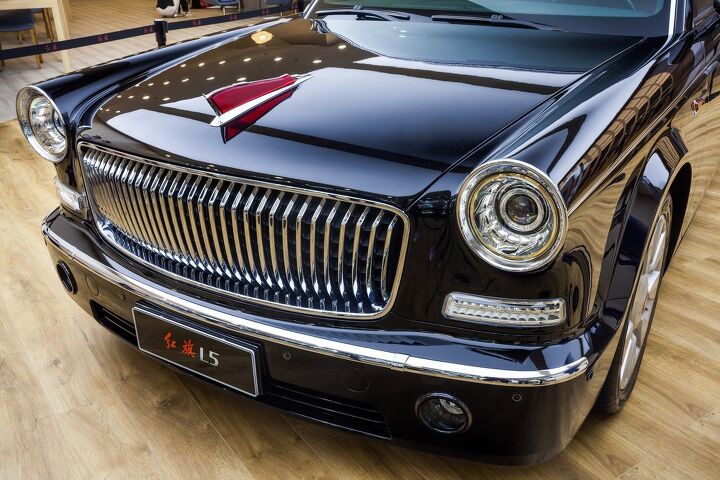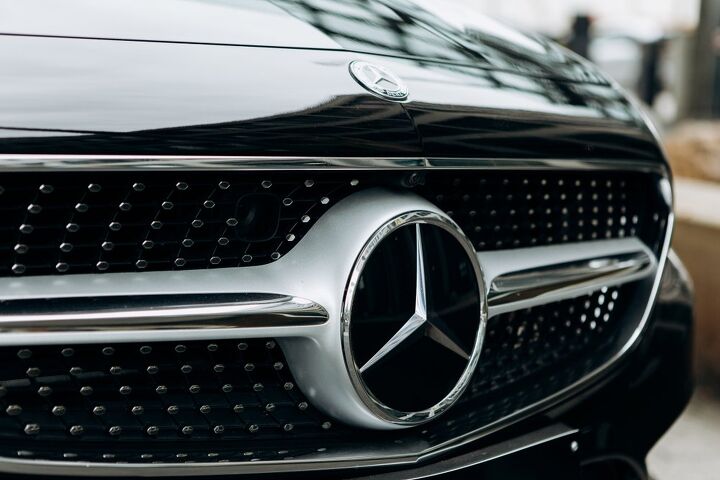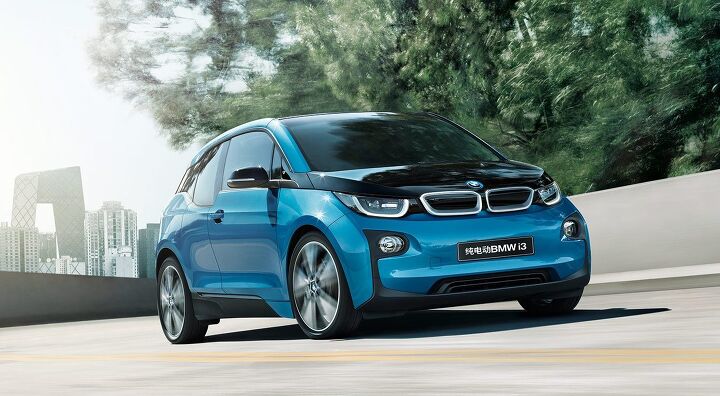#JoinVentures
Strange Bedfellows: American EV Company Partners With China's Hongqi
World leaders like to travel in comfort, security, and style — which is why you never see presidential motorcades formed around a Nissan Versa. Instead, security details crowd around something big, black, and closely tied to a domestic nameplate if the nation in question has such a manufacturer. In China, the preferred choice among high-ranking government officials has been FAW Group’s Hongqi luxury brand. Translated into English, the name means “Red Flag” and it’s the pride of China, even though the bulk of FAW’s premium models are a redux of various automotive products produced by foreign manufacturers.
That includes Hongqi’s first vehicle, the CA72. Launched in 1958 as a model exclusive to state institutions and the leadership of the Communist Party of China, the CA72 was basically a 1955 Chrysler sedan with a different grille. While that model line has had its own evolution, subsequent FAW products from the modern era benefited from joint partnerships with automakers like Mazda, General Motors, Toyota, and Audi.
A new joint venture specifically targeting Hongqi is now underway, and its a curious one. An American electric vehicle startup named SilkEV is apparently teaming up with the brand that symbolizes the CCP to produce high-end performance cars, and they’re spending a bundle to do so.
China's BAIC Purchases Five Percent of Daimler
Beijing Automotive Group Co Ltd (BAIC) announced on Tuesday that it had purchased a 5 percent stake in Daimler AG. Despite the pair have been partners in Asia since 2003, via the Beijing Benz Automotive joint venture, Zhejiang Geely Holding Group purchased nearly 10 percent of the German company in 2018 and was reportedly seeking high levels of cooperation.
As one of Geely’s direct rivals, BAIC claimed its investment would help solidify the relationship with Daimler. “This step reinforces our alignment with, and strong support for, Daimler’s management and strategy,” BAIC chairman Heyi Xu said in an official statement.
BMW Group Signs Deal to Build Electric Minis in China
BMW Group has signed with Great Wall Motors to produce Mini-branded vehicles in China. This is the German automotive group’s second joint venture in the region and will not affect its current alliance with Brilliance Auto — which builds BMW models specifically equipped to appeal to the Chinese market.
The same will be true for the Mini deal with Great Wall, as the entirety of the production line will be electric vehicles. While the main reason for this is to ensure BMW hits its government-imposed quota for EVs, Great Wall said the venture would help it meet the needs of Chinese consumers and tap into the new energy vehicle market both home and abroad.
Mini has said a production version of the Mini Electric Concept won’t happen until November of 2019, but there’s been buzz that the automaker may seek widespread electrification after that. Interestingly, Chinese Minis will use a new platform developed by the joint venture, rather than rely on whatever architecture the Western-built EV adheres to. That’s two separate plug-in product lines. Will EV exclusivity be the future of the brand?
BMW Considering Joint Electric Vehicle Venture in China
German luxury automaker BMW is seeking to establish a joint venture with China’s Great Wall Motor. The prospective deal focuses specifically on electric vehicles, according to sources familiar with the matter. A cooperative relationship with Great Wall would be BMW’s second in the world’s largest auto market – and a necessary one, as China forces all foreign automakers to team up with local partners in order to do business within the country.
Great Wall Motor Co. is China’s largest SUV maker by volume, and witnessed a nearly 20-percent rise in its share price on Wednesday after Asian media outlets reported it was in talks to partner with BMW.



















Recent Comments